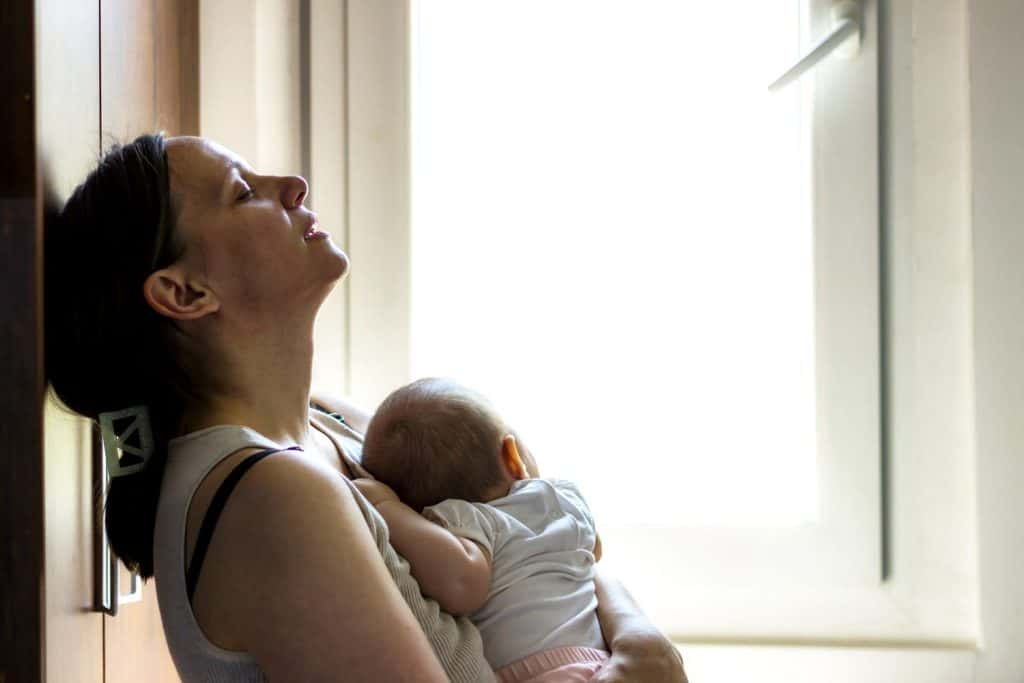How does the high risk for postpartum depression increase even more when pregnant women take hormonal contraception before giving birth?

High Risk for Postpartum Depression Continues with Pregnant Women Who Take Hormonal Contraception Before Giving Birth
The high risk for postpartum depression continued to increase for pregnant women who are taking hormonal contraception before they gave birth, wherein giving birth and taking hormonal contraception are one of the main factors for having high risk for postpartum depression.
According to a report published in the National Elf Service, several studies revealed that having a high risk for postpartum depression increased even more in women who had taken hormonal contraception before getting pregnant while women who had no history of taking hormonal contraception were unlikely to have a high risk for postpartum depression.
With the high risk for postpartum depression, several pregnant women have been experiencing mental health problems and other behavioral changes, which reportedly can last for months within the span of the pregnancy period.
Ongoing Studies Continue to Know More About High Risk for Postpartum Depression of Pregnant Women Taking Hormonal Contraception
Following the increasing cases of postpartum depression, ongoing studies continued to know more about the linkage between taking hormonal contraception and the high risk for postpartum depression for pregnant women before giving birth.
With the ongoing studies, researchers look at how pregnant women taking hormonal contraception can have a high risk for postpartum depression as well and aim to spread awareness of the increasing cases, MedPage Today reported.




